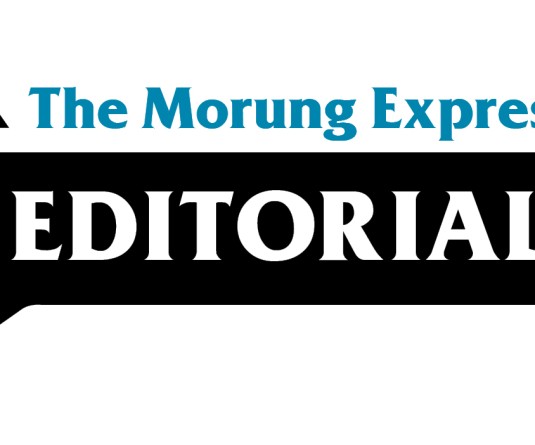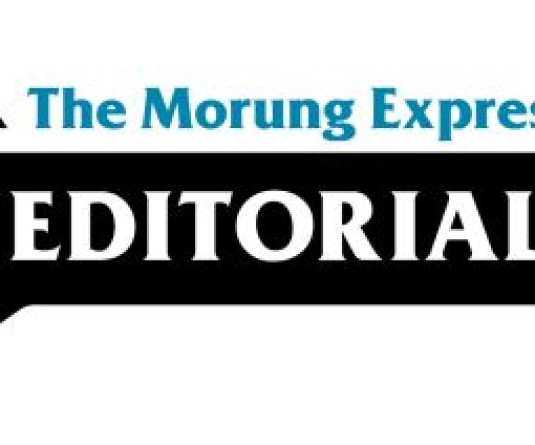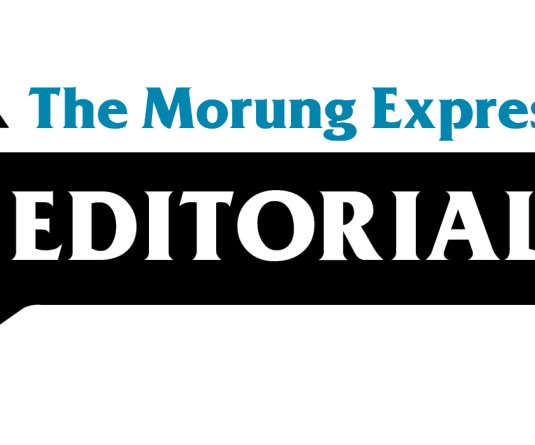
It is extremely unfortunate that journalists who are playing the role as watch dogs of society are treated almost inhumanly with outmost contempt by the powers that be. The manner in which six editors of Manipur based news-dailies were held hostage by an underground group on the mere pretext that one of the press releases issued by them had not been published is completely unacceptable. To add to this, the ban being imposed on one of the Imphal based English daily is in itself a direct attack on all those who cherish and uphold the values of an open society. Such measures are tantamount to censorship and take away the freedom of expression. While journalists are duty bound to maintain self moderation on the freedom they enjoy, by that same token they also possess the right to publish or refuse publication of any material and no force should be allowed to take away this special privilege being bestowed on the fourth estate.
The other problem that needs to be addressed especially in the context of journalists working in the northeast is on the pitfalls involved in reporting and writing a news-report.
While reporters or correspondents need to avoid ‘costly’ factual errors or misquoting in their news pieces, it is also a standard practice that politicians or underground leaders are sometimes under ‘compulsion’ for political reasons to retract what they may have stated to journalists. To find an escape route, they usually indulge in denials and as a face saving formula it is the newspaper which is made the convenient scapegoat for no fault of theirs. No newspaper in the northeast is free from this self-righteous denials offered by politicians who will go to any length to use newspapers for their propaganda purpose but when it comes to standing up to the truth, they merely eject themselves into self oblivion.
Newspapers in the northeast, work under a climate of intimidation of various degrees. The latest coercion against journalists in Manipur should not be easily brushed aside simply as a mere aberration but one which goes to show that beneath the cool comfort zone of the news desk and field reportage, lies a minefield of elements who are out to seriously jeopardize the freedom of expression on the mere pretext of silencing the truth. The most unfortunate part in all this is that Editors are sometimes being compelled to resort to self-imposed censorship which is not necessarily a good thing to practice in one’s duty towards the profession.
At present, there is skepticism among journalists on the ability or willingness of the authorities to protect members of the press. Even the general public who are benefiting the most from news dissemination tend to remain aloof and non-committal when it comes to supporting the media on different issues. If both the government and society continue to treat the media as they do now, it is only going to encourage the feeling that journalists can be threatened, injured, or killed without consequence. As such, the government machinery and civil society groups in the region must be a willing partner to the media in order that together they can act as a bulwark against the growing tide of forces inimical to the interest of a democratic open society.






